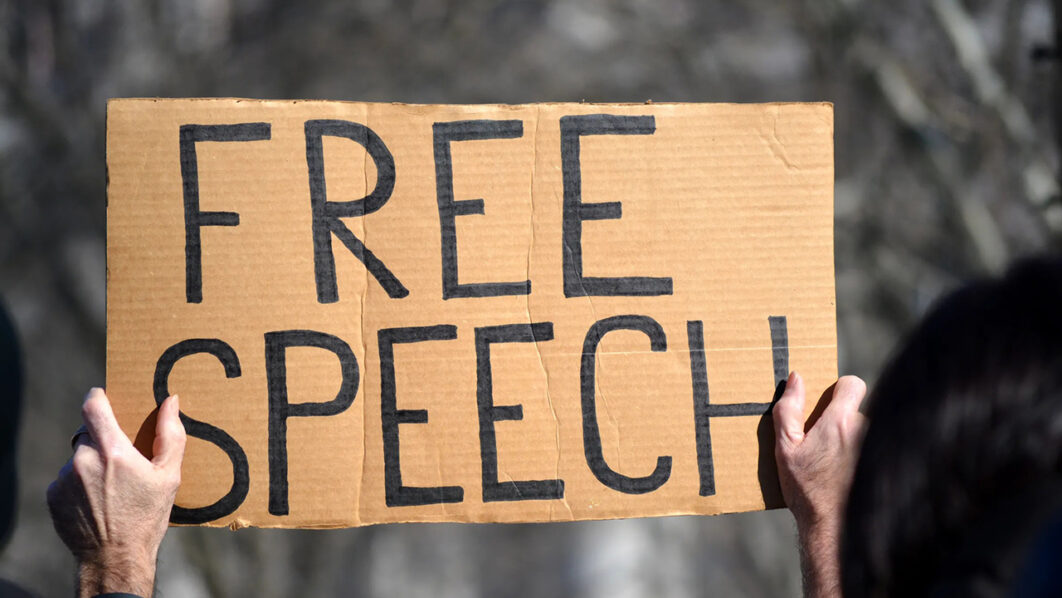
In the book Why Nations Fail, Daron Acemoglu and James Robinson argued that the difference between developed and underdeveloped nations lies in the nature of their institutions. Unsurprisingly, barriers to free speech are more prevalent in underdeveloped countries. Institutions in underdeveloped countries are extractive rather than inclusive.
They are often designed or co-opted to suit the needs of a corrupt and in many cases autocratic and oppressive elite. To maintain their power status, one critical tool employed by the elite in African countries is to attack free speech. The sad reality is that Africa is a continent of underdeveloped countries with underdeveloped and extractive institutions where free speech is severely stifled. Clearly, it is imperative to propose and design novel strategies for addressing what is an old problem.
The strategies I propose in this essay are based on the principle of strengthening institutions in African countries. Legal reforms are necessary to guarantee the constitutional and legal protection of free speech. The legal systems would need to be empowered to enforce free speech protection as well as the prosecution of individuals and actors engaging in activities that limit free speech.
These reforms should include specific laws and protections of free speech as well as criminalisation of hate speech. Since existing legal institutions across the continent are weak and often toothless, well-intentioned legal reforms provide important opportunities for strengthening the institutional foundations necessary for the protection of free speech in Africa.
Increase internet access and digital penetration. The protection of free speech is a function of an informed and educated citizenry. Bringing more Africans into the digital age on a meaningful level would allow for faster diffusion of information and ultimately quick recognition of barriers to free speech. Citizens are in effect increasingly aware of the events and actions that can foster or endanger free speech allowing them to mobilise effectively to support free speech initiatives and contest processes that could potentially impact free speech negatively. Internet use as a tool for addressing the free speech problem could potentially take the form of hacktivism.
This is essentially the use of the Internet to increase awareness about censorship, government abuses, or corporate control over information. Actions such as these equalise and democratise access to information by minimising the information gap between the elites and ordinary citizens. The effect this produces is a strengthening of free speech.
The concept of mobilisation introduces the next opportunity for tackling the old problem of stifled free speech in Africa. Collective movements have across history proven to be effective tools for addressing political, economic, and social issues. Well-targeted movements have the potential to produce positive effects within the context of free speech in Africa.
A paper by Crossley in 2015 titled, “Facebook feminism: Social media, blogs, and new technologies of contemporary U.S. feminism”, in the journal, Mobilisation: An International Quarterly, highlights the critical role the internet can and has played in collective movements. Thus, movements driven toward engendering free speech in Africa can center the internet as a tool for recruitment, growth, and impact.
This is because, in African countries where participation in activities that foster free speech is dangerous due to heavy government crackdowns on dissent, the use of the internet presents a new opportunity for pro-free speech actors. Another opportunity for protecting free speech is through well-thought-out and planned media campaigns. This connects to the logic that an informed citizenry is critical to the protection of free speech. Collective movements and government actors can be drivers of these media campaigns and literacy drives that elevate civic knowledge and discourse in ways that foster free speech and contest processes detrimental to the protection of free speech.
One of the barriers to free speech in African countries is the lack of sufficient protection for whistleblowers. Existing systems and values punish rather than reward whistleblowing. Protecting free speech in Africa would require concerted efforts to protect free speech including speech that could be damaging to the elite. Actions that protect free speech are self-reinforcing. In other words, they progressively strengthen the institutional and civic landscapes in ways that ultimately produce encouraging levels of protection for free speech.
Ultimately, the problem of limited free speech is an old one in Africa. The opportunities presented in this essay offer novel insights into potential strategies for mitigating the stifling of free speech in Africa. In the book Why Nations Fail, Daron Acemoglu and James Robinson express optimism in the potential for positive institutional change in underdeveloped countries. I share a similar optimism and believe a cocktail of effective strategies can foster free speech in Africa.
Isumonah can be reached via: [email protected]






